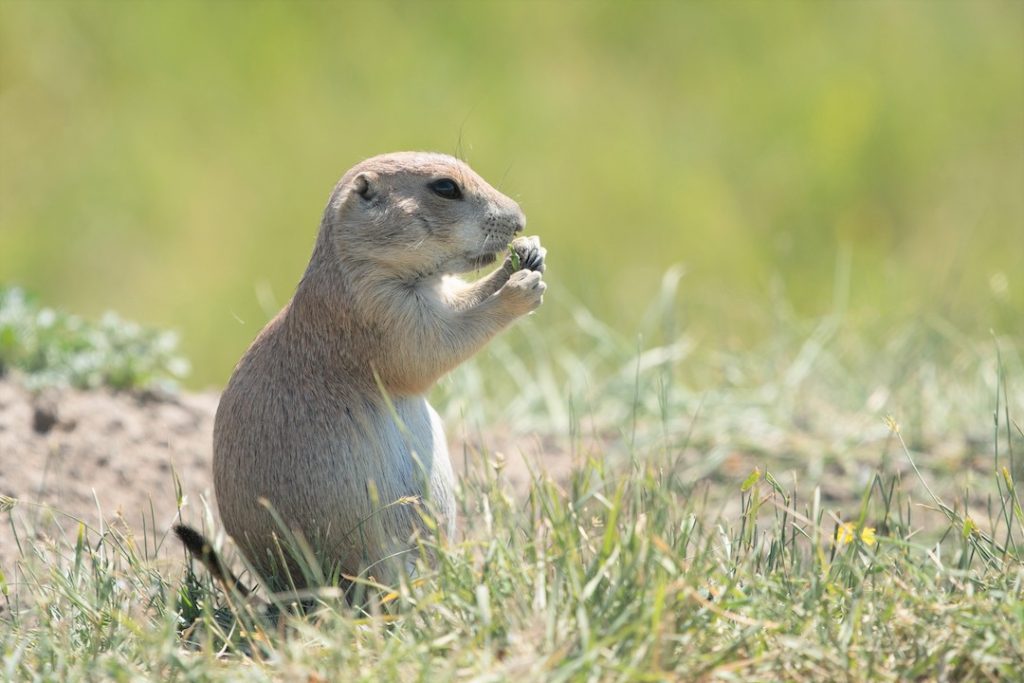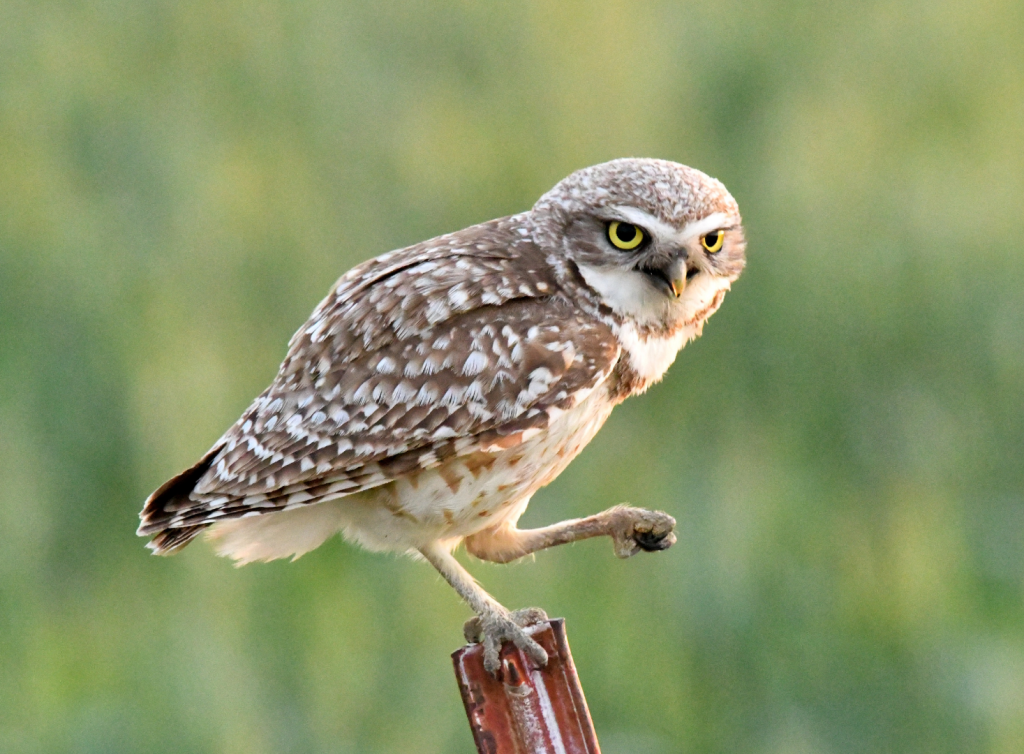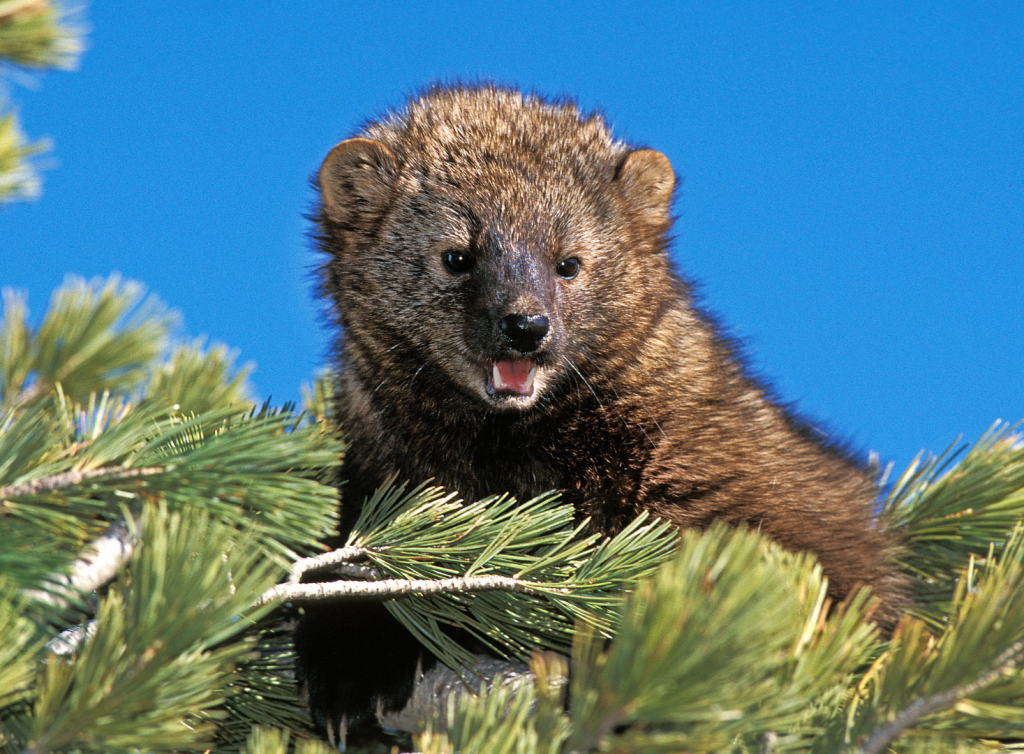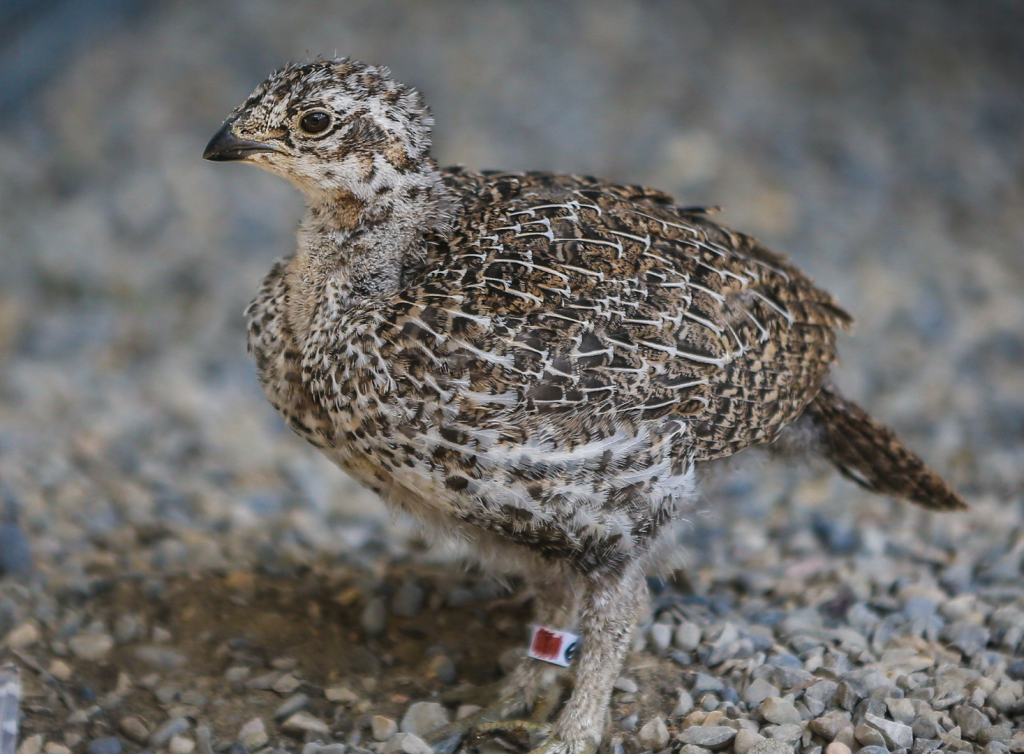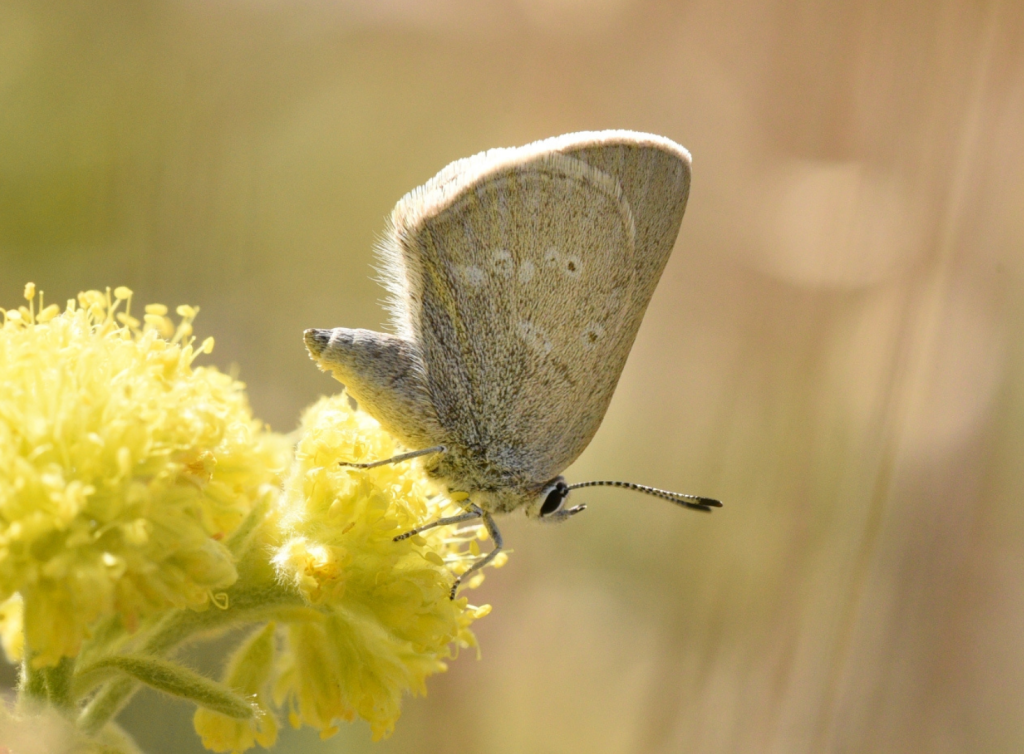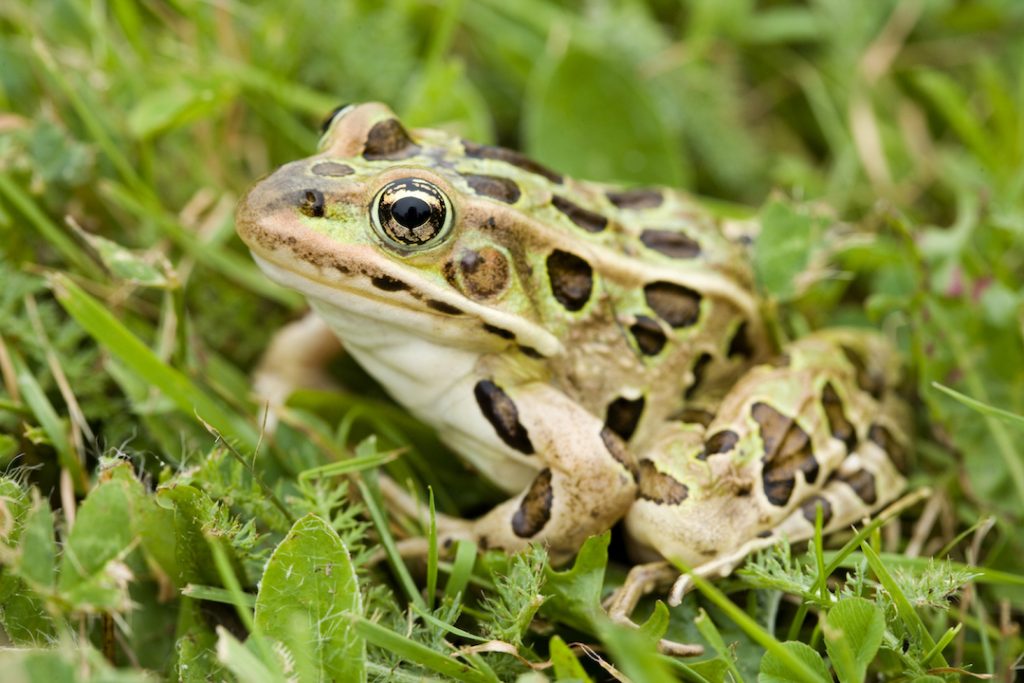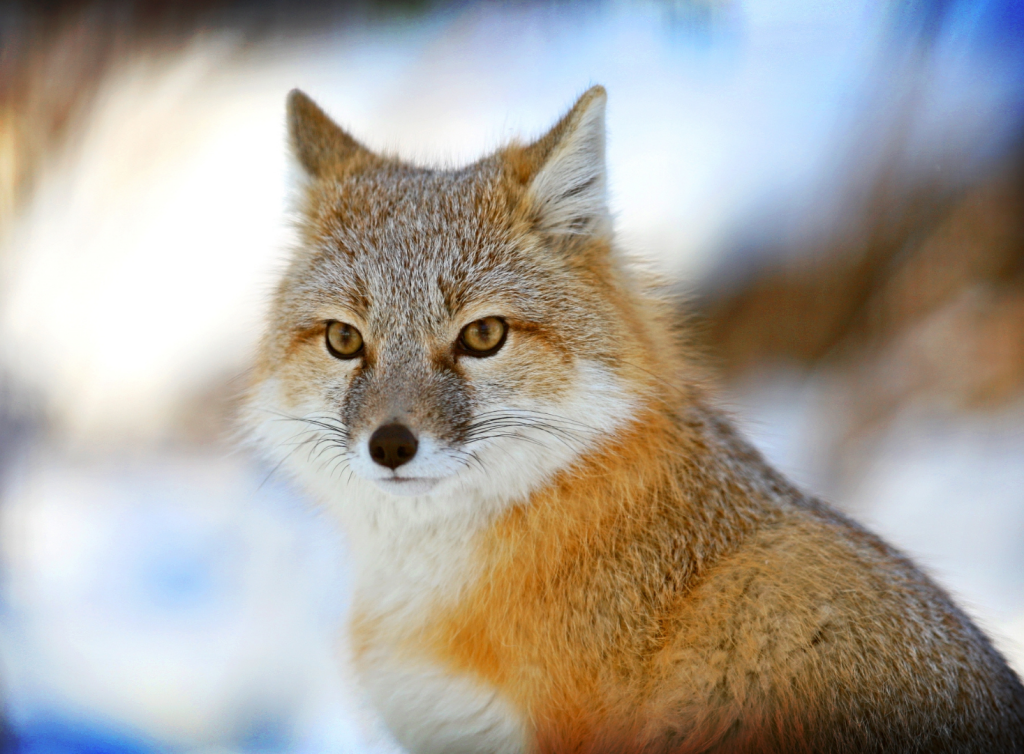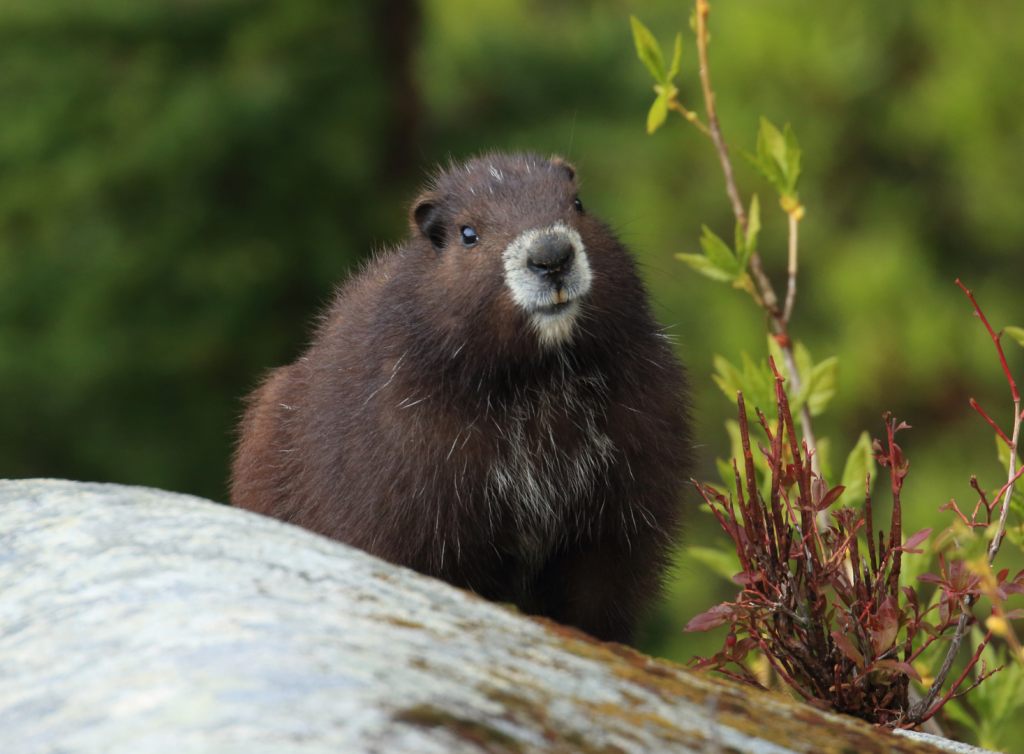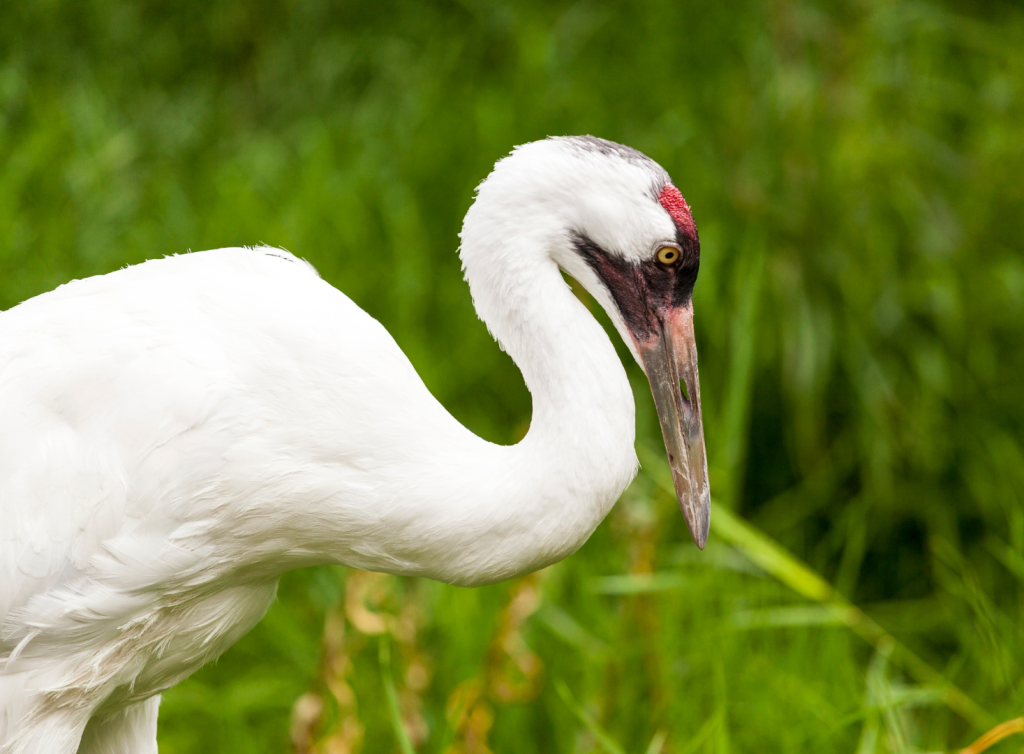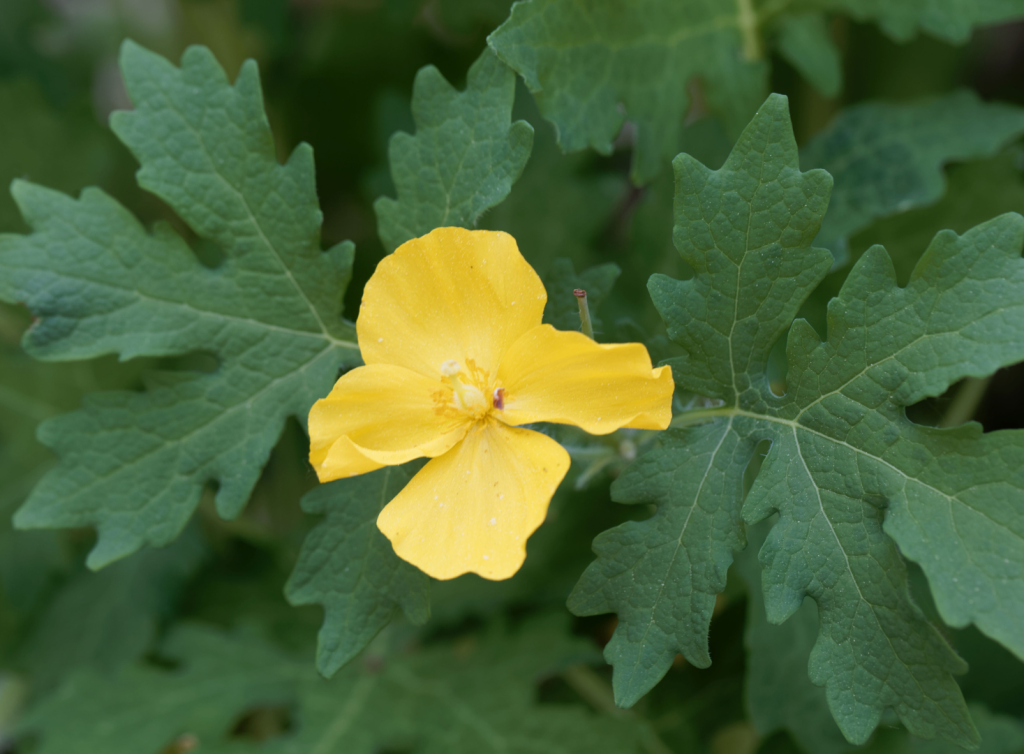Conservation Translocations are the intentional movement of animal, fungi, and plant species to support their recovery in the wild. They have been used for thousands of mammal, insect, bird, fish, and plant species across many ecosystems. Translocations are conducted to achieve a range of conservation goals such as:
- Returning a species to an area from where it has disappeared
- Bolstering a current population
- Filling an ecological function
- Moving it to an area beyond its indigenous range to prevent its extinction
Reintroductions and other conservation translocations are increasingly common tools to prevent species loss. However, reintroductions are complex endeavours and in order to be successful, they require sound science, long-term planning and intensive management.
Our research projects and publications cover key thematic issues and topics in conservation translocation science such as reintroduction tools and techniques, habitat assessments, genetics, mitigation translocations, best practice guidelines, decision analysis, conservation breeding and reintroduction training.
The Wilder Institute uses innovative science and partnerships to help secure the future for threatened species across Canada and around the world. We contribute to the science of conservation translocations through:

Field Research
Conducting on the ground research with species-at-risk in various ecosystems.

Publishing Science
Researching, publishing and presenting science that advances the methodological practice of conservation translocations for researchers and practitioners around the world.

Local, national and international policy
Influencing policy decisions by governments that help protect vulnerable species and their habitats.

Sharing Expertise
Advising organizations and community groups, large and small, on best practices for conservation translocation programs around the world.

